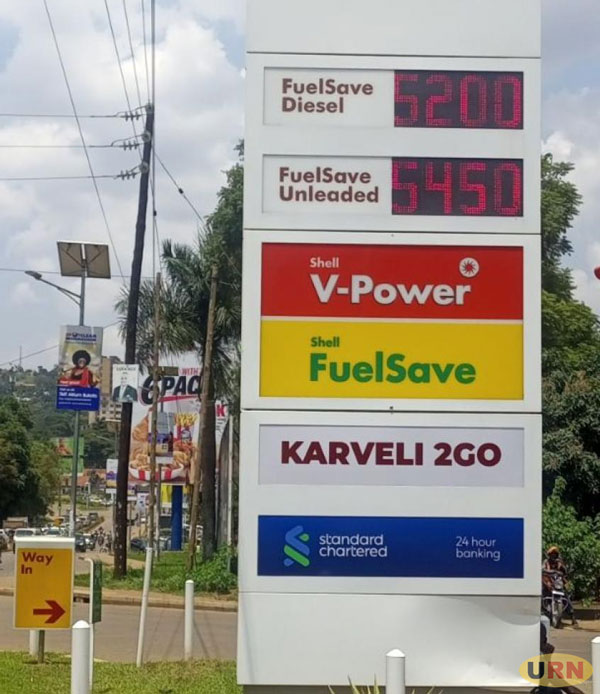Fuel prices are expected to rise, potentially fueling global inflation fears, as the OPEC+ group of oil-producing nations decides to maintain production at nine million barrels a day for the remainder of the year.
In Kampala, Uganda, the price of Diesel has approached 4,800 Shillings per liter, while petrol was being sold for nearly 5,300 Shillings per liter at the beginning of the week.
Nigel Green, founder of deVere Group, a prominent financial advisory and asset management organization, issued a stark warning as Saudi Arabia announced its commitment to continue cutting production by one million barrels a day until December. This decision keeps Saudi Arabia’s daily output at nine million barrels, the lowest level in several years. Russia has also confirmed its own production cutback of 300,000 barrels a day for the same period.
Green stated, “OPEC+ is intensifying concerns about rising global inflation, which was just starting to ease, by increasing petrol prices. This could potentially prompt central banks to raise interest rates for an extended period.”
Restricted oil supply leads to higher oil prices, which can result in increased fuel costs for consumers and businesses, contributing to overall inflation.
Green added, “Higher energy expenses also translate into increased production costs for companies, which are typically passed on to consumers through higher prices for goods and services, further contributing to inflationary pressures.”
Consumer behavior is also influenced by higher fuel prices. Rising prices may cause consumers to reduce discretionary spending, which can affect economic activity.
Reduced consumer spending can impact inflation dynamics, particularly in sectors heavily reliant on consumer demand.
Green emphasized that central banks will take this move by OPEC+ into account when crafting monetary policy. If rising oil prices are expected to have a sustained impact on inflation, central banks may opt to maintain higher interest rates for an extended period to control escalating prices.
In conclusion, Green noted, “The decision by the coalition of oil-producing nations will worsen the cost-of-living and cost-of-business challenges, as inflation receives another global boost.”
The International Energy Agency (IEA) recently reported that decreasing supplies and record-high demand have driven global crude oil prices up by 15% since July. The IEA anticipates that prices could continue to rise, attributing the increase to production cuts in Saudi Arabia, which have contributed to declining global oil inventories.




















